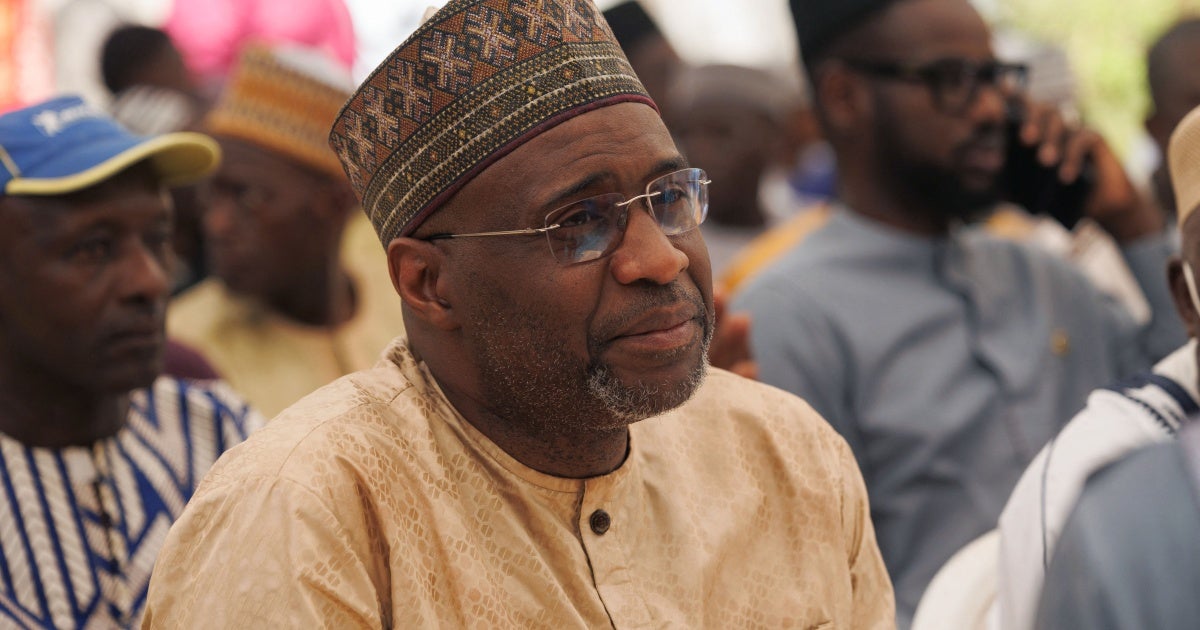Click to expand Image Former Mali Prime Minister Moussa Mara in Bamako, on February 21, 2025. The prosecution represents the military junta’s starkest expansion yet of its campaign against free expression. Authorities arrested Mara in August for expressing his “unwavering solidarity with prisoners of conscience” after he visited jailed critics of the junta and charged him with “undermining state authority” and “inciting public disorder.” The court sentenced him to two years in prison, one of which will be served without parole. The second year was suspended. The conviction of Mara, 50, has little to do with his social media post but will have important consequences. Authorities used the case to send a chilling political message: even a former head of government is not safe from prosecution for speaking out. The junta has made it clear that expansive and vague charges like “undermining credibility” or “spreading false information” can be manipulated to turn personal views and criticism into punishable offenses. And the use of the special cybercrime court is just one more way for the junta to control online speech and digital activism. Since the 2021 military coup led by Gen. Assimi Goïta, Mali’s junta has dismantled accountability mechanisms, including withdrawing Mali from regional and international legal frameworks. Now the space for “unwavering solidarity” for prisoners has been deemed a threat to the state. The affront to justice of Mara’s conviction shows that Mali’s promise of democratic transition is ever more distant. His case is just the latest indicator of shrinking civic and media space in Mali and a milestone marking the junta’s embrace of sweeping powers. The conviction comes as Mali faces increased attacks from Islamist armed groups, leading the government to temporally close all schools and universities. But banning political parties, arresting journalists and activists, dismantling legal channels for dissent, and now trampling free speech is not going to help the authorities address the country’s very real challenges.
